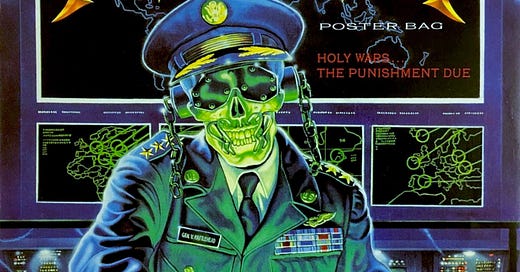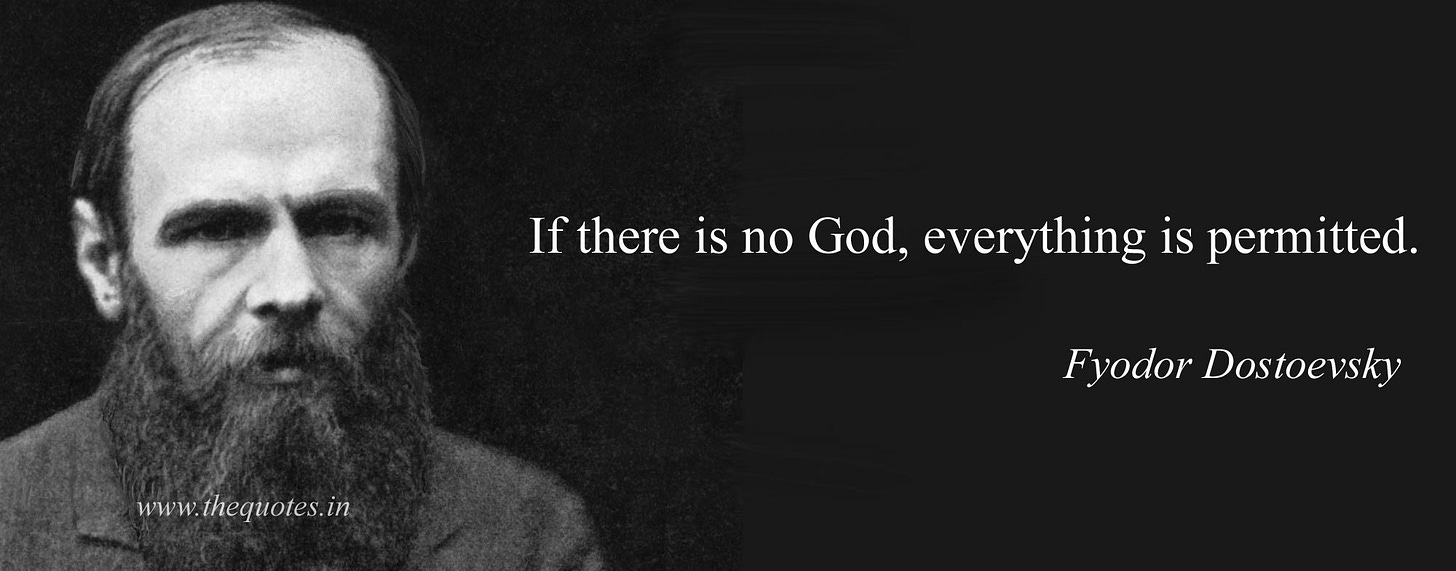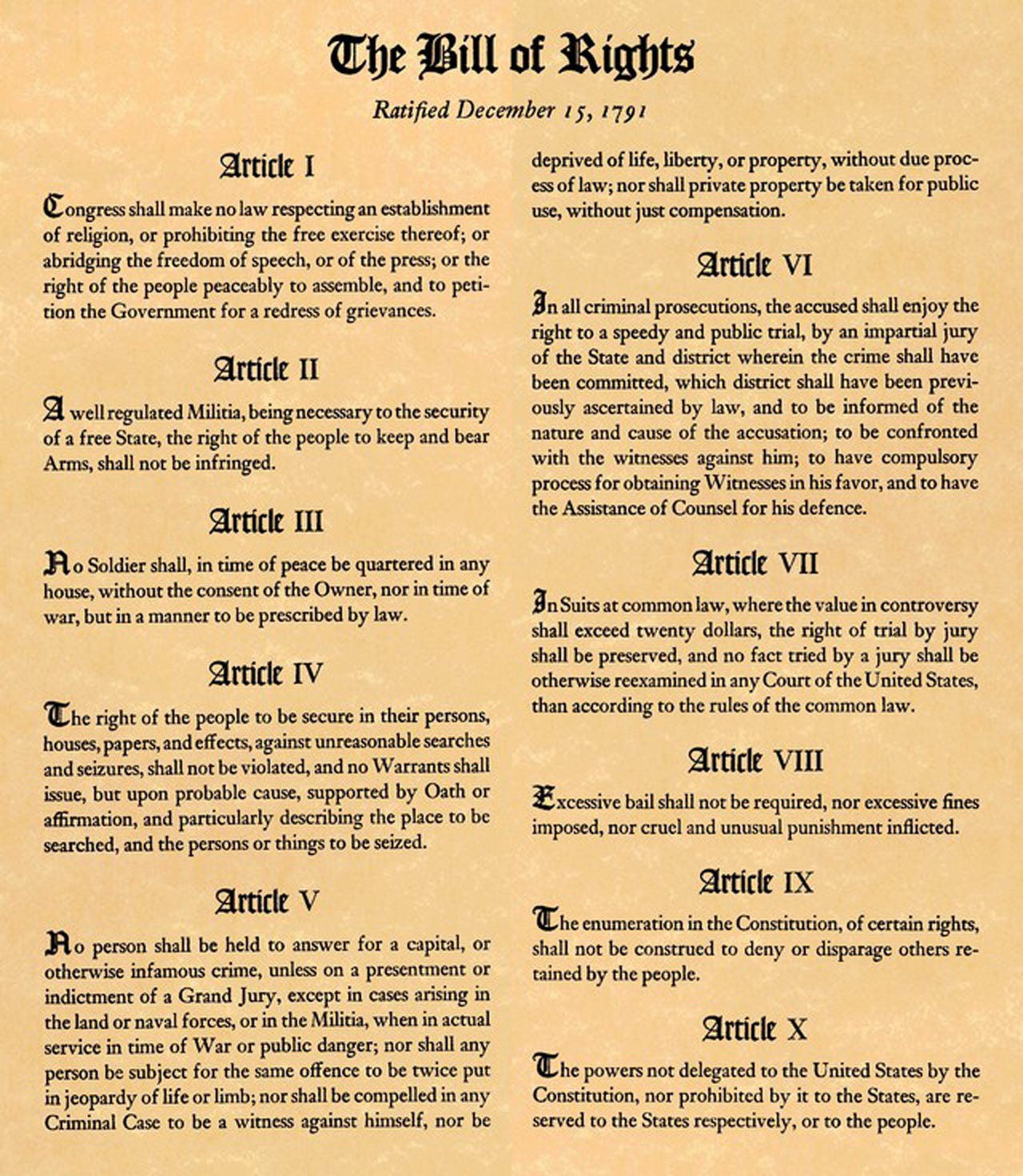With so much going on geopolitically and so many prospects of new and prolonging wars on the horizon, I thought I’d tackle this topic by looking at war and religion in general theoretical terms, and then write separate pieces on each individual conflict.
One axiom we’re going to begin with is that there are secular religions in the Marxist and Critical Theory traditions, and so we’re going to use use this textbook’s definition for -any- religion as the:
“human transformation in response to perceived ultimacy.”
That being established, here are four basic approaches to thinking about the intersection of war and religion. I shall cover the first three here in Part 1.
Political Realism - Thucydides, Thrasymachus and Hobbes:
Morality is a mere illusion, and we are all just selfish, amoral animals.
Divine Command Theory - The Elephant in the Room:
There are actually arguments within Christian, Jewish, and Islamic scripture Torah/Talmud and the Qu’ran that justify the behavior we’re seeing play out.
Liberalism and Universal Human Rights - So how we get out of this?
Looking to Social Contract Theory for Universal Rules and Norms that Apply Equally Across all Cultures and Religions
Contemporary Leftwing Theories of Identity and Conflict
In Part 2, I shall cover contemporary Leftwing Theories to explain why so many young American college students are openly supporting the Palestinian side to the point of endorsing the recent terrorist attacks against civilians by Hamas.
Political Realism - Thucydides, Thrasymachus, Hobbes, and Others: Morality is a mere illusion, and we are all just selfish, amoral animals.
The first possibility is that the materialists and atheists are right and we’re all just apes with thumbs and language (and occasionally WMDs) who got really good at the completely natural behavior of just slaughtering our way through all of our problems by organizing ourselves into complex societies and mastering STEM to build the best possible weapons to kill and maim one other.
If that’s true, then no human action is moral or immoral; they’re just expressions of our natural instinct to dominate and we call things that make us uncomfortable ‘evil’ and things that please us ‘good,’ but the terms can’t reach beyond inter-subjectivity into being objective moral truth claims. (a theory called Emotivism).
From that point of view, civilization then is an attempt to minimize the behavior of hostile persons, inside and outside of our communities, and we cooperate and accept rules in order to avoid falling back into a Hobbesian ‘State of Nature’, in which life is “solitary, poor, nasty, brutish, and short.”
While it may seem that wars are temporary aberrations and peace is the normal state of affairs, this is arguably normalcy bias and, should we lose our incentives to participate in civilization, our cooperative behaviors disappear.
Divine Command Theory
Note: The big two challenges to Divine Command Theory as an Ethical Theory are ‘How do we know which religion/sub-religion is right when they all disagree?’ and a fun little philosophical puzzle called ‘Euthyphro’s Dilemma’.
Another possibility is that one of the world’s religious groups actually nailed it and they do accurately understand the will of The Divine. People of faith, right or wrong, see themselves as doing moral good when their actions are inline with their understanding of scripture, even when that violates secular human morality.
Islamic, Jewish, and Christian doctrines have limits what is and is not permissible in war. What those limits are in the contemporary context depend on the religious beliefs of participants.

A. Christianity
The Christian “Just War Doctrine” was articulated by St. Aquinas, building upon the work of St. Augustine, following a longer tradition from ancient times:
The Jus Ad Bellum Convention
“The principles of the justice of war are commonly held to be: having just cause, being a last resort, being declared by a proper authority, possessing right intention, having a reasonable chance of success, and the end being proportional to the means used.”
Currently the most direct application of the Christian approach to war is that Orthodox Christian Russia sees itself as the final defender of Christendom against an immoral Western Europe that has lost its faith and embraced secularism and hedonism, which they view as anti-Christian, anti-family, and Anti-Russian. Costello (2022) put it rather well, Putin
…reportedly said in a speech in 2013: “We see many of the Euro-Atlantic countries are actually rejecting their roots, including the Christian values that constitute the basis of western civilisation. They are denying the moral principles and all traditional identities: national, cultural, religious and even sexual.”
Kyiv must be taken, in his mind, to preserve the Christian battle.
B. Judaism
From Rabbi Menachem Posner’s article on Judaism and war:
In an imperfect world, the Torah recognizes war as an unfortunate necessity. Ancient Israel had to defend itself, like any other nation. But the Torah also lays down guidelines to ensure that this horrible tool is used sparingly and compassionately.
…
In general, the wars fought by the Jewish armies were divided into two categories: Milchemet mitzvah (obligatory war), a war that G‑d commands us to fight; and milchemet reshut (voluntary war).
A prime example of milchemet mitzvah would be the battles waged by Joshua to conquer the Land of Israel. All wars fought for the defense of Israel were also included in this category.
Voluntary wars, those deemed necessary by the nation’s leaders, could be fought only with the consent of the high court of 71 Torah sages.
C. Islam
Islam separates the globe into two territories - The Dar al-Islam (Territory Under Islamic Control) and the Dar al-Harb (Territory of War and Chaos).
What is Meant by "Territory of War"?
The nature of Dar al-Harb, which literally means "territory of war," needs to be explained in a bit more detail. For one thing, its identification as a region of war is based on the premise that strife and conflict are necessary consequences of people failing to follow God's will. In theory, at least, when everyone is consistent in their adherence to the rules set down by God, then peace and harmony will result.
More importantly, perhaps, is the fact that "war" is also descriptive of the relationship between Dar al-Harb and Dar al-Islam. Muslims are expected to bring God's word and will to all of humanity and do so by force if absolutely necessary. Further, attempts by the regions in Dar al-Harb to resist or fight back must be met with a similar amount of force.
While the general condition of conflict between the two may stem from the Islamic mission to convert, specific instances of warfare are believed to be due to the immoral and disordered nature of Dar al-Harb regions.
The governments that control Dar al-Harb are technically not legitimate powers because they do not derive their authority from God.
Citing the Qur’an (22:39 and 4:75), Shah’s 2013 article in The European Journal of International Law titled ‘Use of Force under Islamic Law.’ argued that the Qu’ran supports defensive war, but not offensive war.
Liberalism and Universal Human Rights
You’re going to want to sit down for this one:
The world’s religions and scriptures contain ideas and beliefs that are not in total agreement with one another.
But probably more importantly, the different sub-religions don’t agree with each other either on how to interpret scriptures and religious commentaries (i.e., Liberal and Orthodox Jews, Catholics and Protestants, Sunni and Shi’ite Muslims, etc.)
And definitely more importantly, no religious group is going to be ok with a different religious group dictating to them how to live out their faith, and they will all absolutely use violence as revenge and deterrent to avoid such a fate.
The Western solution to this problem was to create a secular universal ethic, which, during The Enlightenment, developed within Liberalism and ultimately manifested in the idea of Universal Human Rights.
The short version is that God/nature/a Deity gave all human certain rights and the role of government is to preserve those rights for everyone, regardless of which group they belong to. (The long version is here)
These rights can be negative or positive in nature
Negative Rights are prohibitions that limit government interference in our individual freedoms, i.e.
Positive Rights are goods the government owes us as citizens (education, healthcare, welfare, etc.), and are typically the area of disagreement between Classical and Rawlsian Liberals.
Following the Nazi atrocities of the second World War, the West tried to universally articulate and implement these ideas in the 1948 UN Universal Declaration of Human Rights. This ideological framework has been central to the Post-War Liberal Order, which is what will be at stake if wars continue to spread globally.
And then no one ever did anything bad again after that.
Next up in Part 2 I’ll cover the contemporary Leftwing academic theories of war and conflict in order to explain how it came to be that so many academics and students are supporting Palestine against Israel, up to and including supporting Hamas’ attack on civilians as a justified response to Israel’s Gaza policy.




![r/QuotesPorn - "The strong do what they have to do......" -Thucydides [758x404] r/QuotesPorn - "The strong do what they have to do......" -Thucydides [758x404]](https://substackcdn.com/image/fetch/$s_!H6IU!,w_1456,c_limit,f_auto,q_auto:good,fl_progressive:steep/https%3A%2F%2Fsubstack-post-media.s3.amazonaws.com%2Fpublic%2Fimages%2Feb27aa37-113b-4606-a55c-b34726b72a61_500x266.jpeg)





